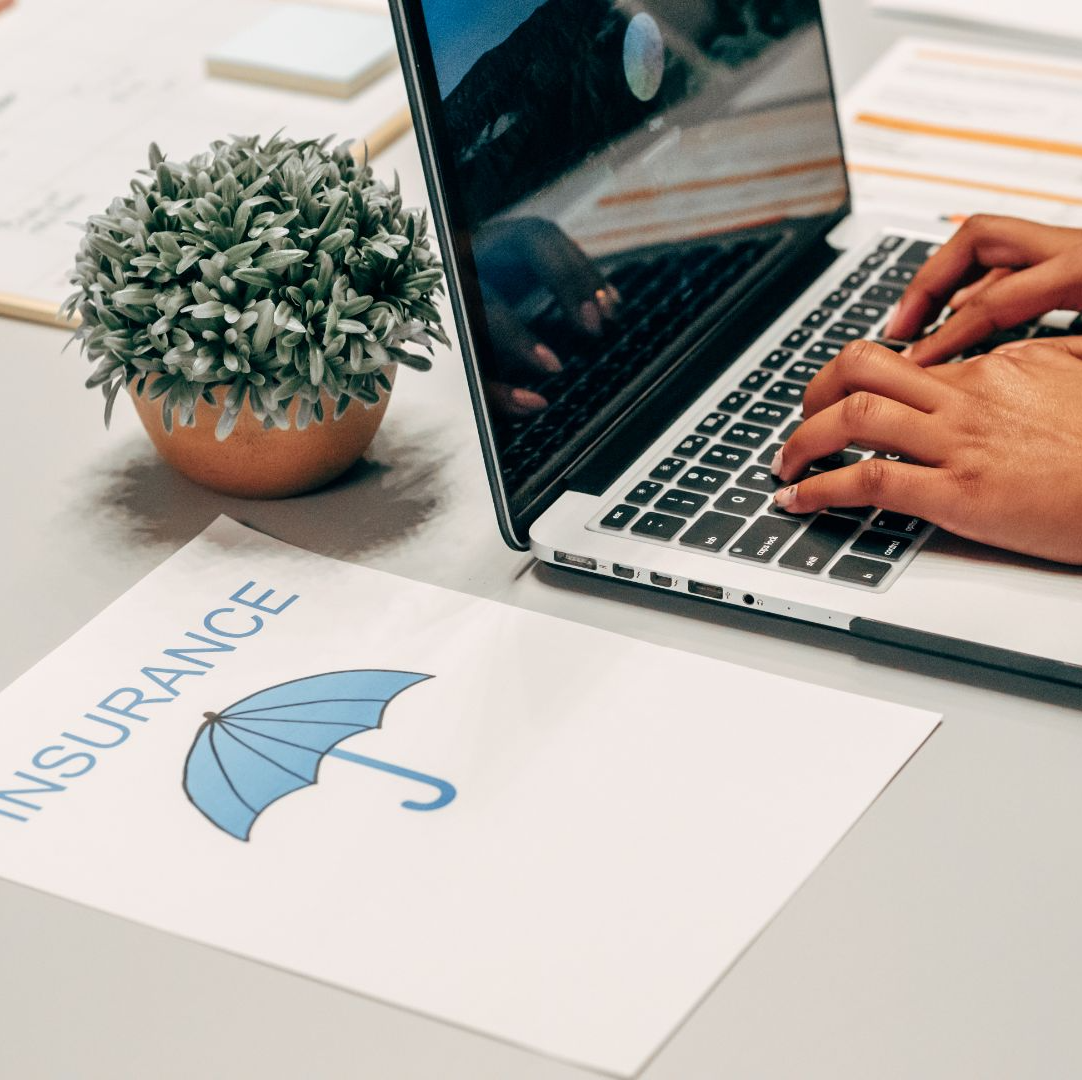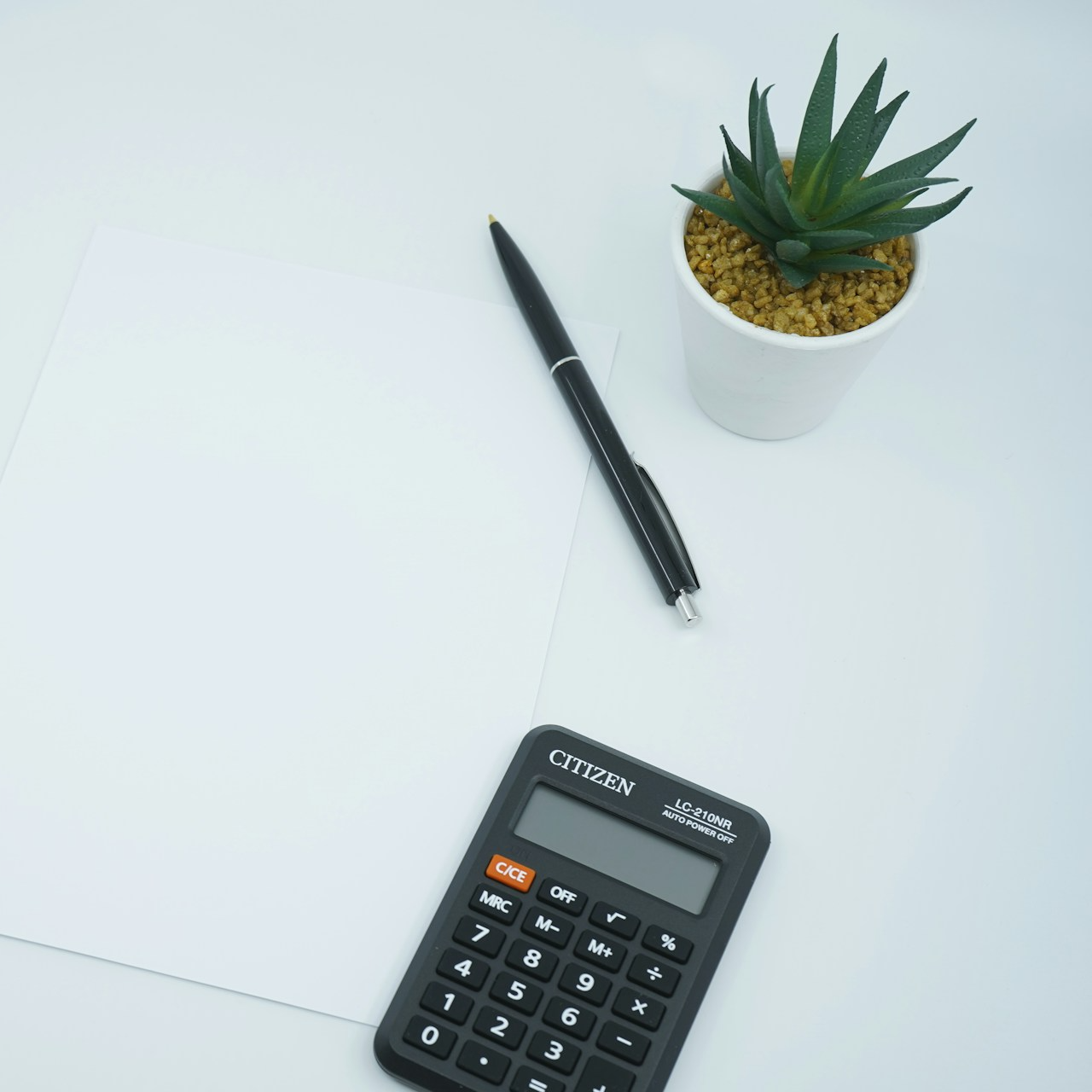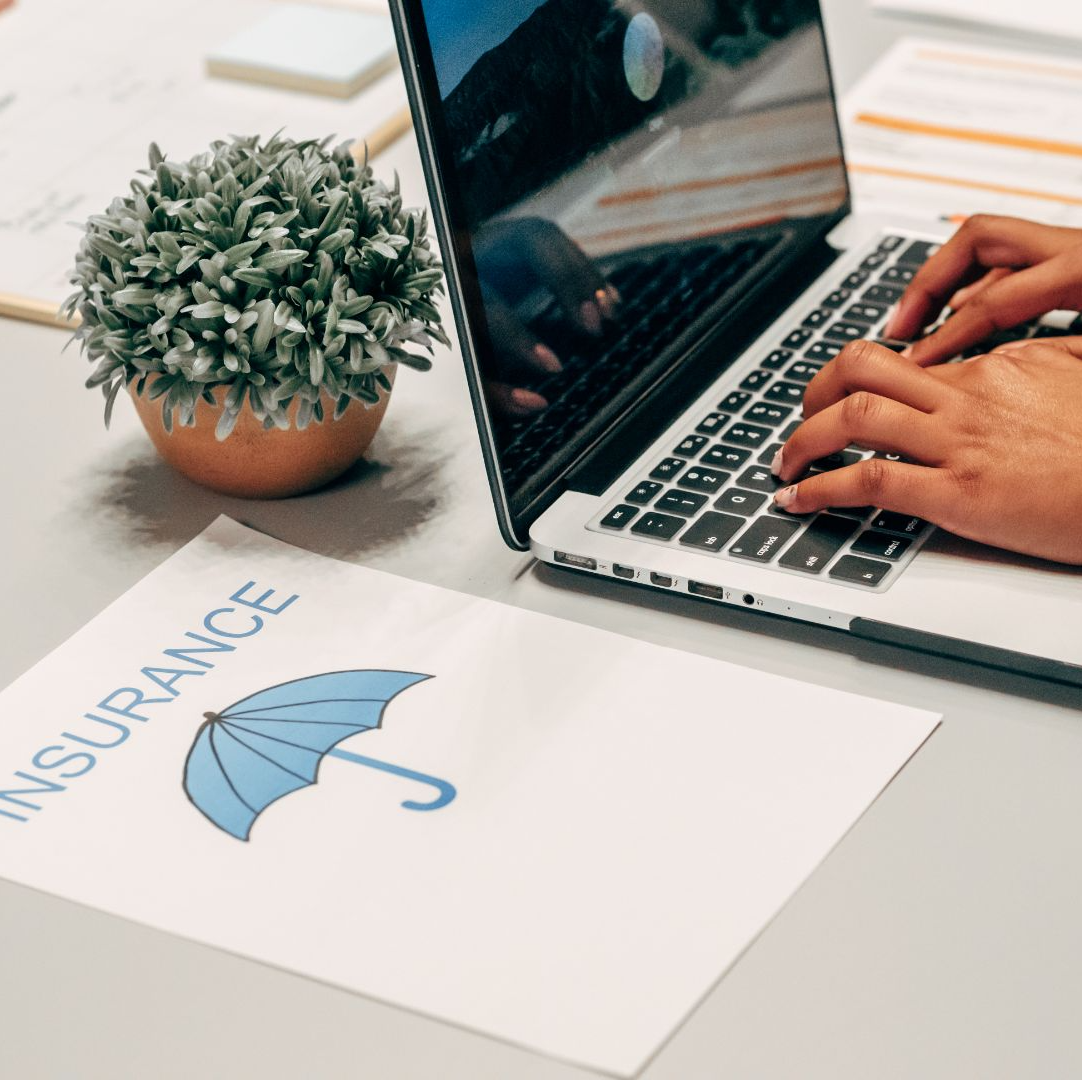Women typically lag behind their male counterparts in terms of financial security. Various studies reveal that women have lower financial literacy rates and are more likely to say they can’t afford to save for retirement. They are more likely to leave the workforce to be caregivers and earn less overall than men. However, they have longer life expectancies and thus will have higher long-term costs. Although it may take some time to level the financial playing field, women must do everything they can to ensure they manage their finances well in the short and long term. Here are a few tips. Plan Early Financial Tree Strategy It is vital for women to begin financial planning by their 30s at the latest and should concentrate on three main areas. The three major issues that people must address before beginning to plan for the future are:
- they must be consumer debt free (no credit cards or auto loans);
- they must have six to twelve months of expenses in the bank in a safe emergency reserve fund;
- they must be contributing to a retirement plan.
Once they have covered these three issues, they can start planning for other goals in their lives. Recognize Your Value One way to ensure you’re getting paid fairly is to know what others in your position make. Women are frequently reluctant to discuss their pay. “I definitely advocate for women to be salary transparent with one another,” Barbara Ginty, certified financial planner and host of the “Future Rich” podcast, told the WeWork blog. “Knowledge is power, and being able to openly discuss salary with close friends and colleagues — male or female — can help you better advocate for yourself.” Understand How You Make and Spend Your Money Ginty believes it is critical to understand how much money you make and spend each month. “Keep track of your income, your expenditures, and whether or not they serve a useful purpose,” she says. Examine your bank statements, as well as your credit and debit card statements, to accomplish this. You should keep track of your expenses using apps, spreadsheets, or pen and paper. Consider Paying Yourself Barbara Huson wrote “Secrets of Six-Figure Women,” saying that women should save regular earnings to build wealth. “In other words,” she wrote in a blog post, “they pay themselves first.” “I’ve seen countless low-wage earners turn small salaries into large bank balances by simply depositing small amounts into a savings account every month.” Huson suggests setting up automatic transfers to implement this super simple tip. Aim for $10,000 in emergency funds. An emergency fund can keep you from going into debt if your financial situation changes unexpectedly. This should be in cash so that you can easily access it. “Protect your cash,” said Danetha Doe, founder of “Money and Mimosas.” “Every woman should have at least $10,000 in cash on hand, whether in a traditional savings account or another vehicle that can be accessed within 24 hours.” Make Money Buckets. In addition to emergency funds, you may have other financial goals for saving. Tiffany “The Budgenista” Aliche, co-host of the podcast “Brown Ambition,” says that for each of these goals, you should set up a separate savings account or “money bucket.” “A money bucket is simply an online-only savings account that allows you to easily save and track your money, similar to rain in a bucket,” she explained to MadameNoire. “The benefit of an online-only savings account is that you can set up as many categories or buckets as you want or need. I have one for traveling, one for my home, and one for my car. You might have one for special occasions, vacations, and, if you’re a mother, one for your children’s sporting events.” Request Assistance If you have a financial goal in mind but aren’t sure how to achieve it, you should seek the advice of a professional. Working with a financial planner can be a smart way to stay informed along the way and tap the expertise of a professional to ensure you are saving enough and on track to achieve your goals today and in the future. Begin your search by soliciting recommendations from friends, family, and coworkers. Initial consultations with planners are usually free; this is your chance to see if working with this person is a good fit. Looking for a certified financial planner (CFP) with the proper qualifications would be best.
Contact Information:
Email: [email protected]
Phone: 2564383071












